International Coffee Organization
The International Coffee Organization (ICO) was set up in 1963 in London, under the auspices of the United Nations (UN) due to the economic importance of coffee. It administers the International Coffee Agreement (ICA), an important instrument for development cooperation.
International Coffee
Organization
| |
|---|---|
Logo
| |
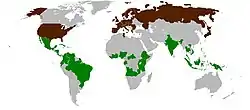 ICO exporting members ICO importing members | |
| Headquarters | London, WC1 United Kingdom |
| Official languages | |
| Type | Trade bloc |
| Members | Exporting
|
| Leaders | |
• Executive director | |
| Establishment | 1963 |
| Currency | Indexed as USD-per-lb |
Website www | |
It was a result of the five-year International Coffee Agreement signed in 1962 at the UN in New York City and renegotiated in 1968, 1976, 1983, 1994 and 2007 at the ICO in London.[1]
The International Coffee Council is the highest authority of the Organization and is composed of representatives of each Member Government. It meets in March and September to discuss coffee matters, approve strategic documents and consider the recommendations of advisory bodies and committees.
The ICO's headquarters is located at 222 Gray's Inn Road in London and its current executive director is the Brazilian José Sette.
After the withdrawal of the U.S. from the International Coffee Agreement in June 2018,[2] ICO Member Governments represent 98% of world coffee production and 67% of world consumption.[3][4]
Membership
As June 2018, its membership comprises 44 producing members and 6 importing members.[4]
- Exporting Member Countries
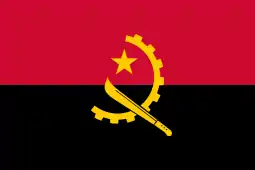 Angola
Angola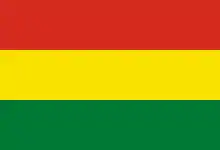 Bolivia
Bolivia Brazil
Brazil Burundi
Burundi Cameroon
Cameroon Central African Republic
Central African Republic Colombia
Colombia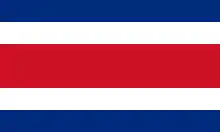 Costa Rica
Costa Rica Côte d'Ivoire
Côte d'Ivoire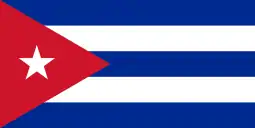 Cuba
Cuba Democratic Republic of the Congo
Democratic Republic of the Congo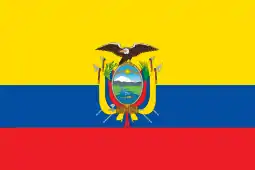 Ecuador
Ecuador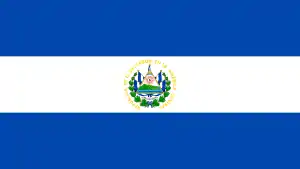 El Salvador
El Salvador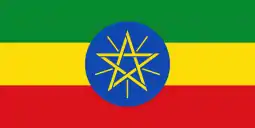 Ethiopia
Ethiopia Gabon
Gabon Ghana
Ghana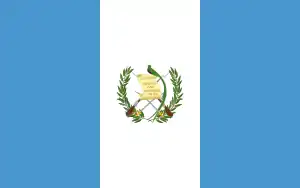 Guatemala
Guatemala Honduras
Honduras India
India Indonesia
Indonesia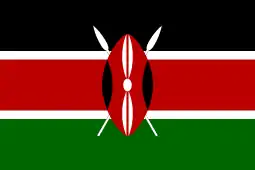 Kenya
Kenya Liberia
Liberia Madagascar
Madagascar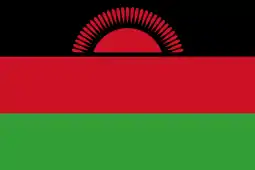 Malawi
Malawi Mexico
Mexico Nepal
Nepal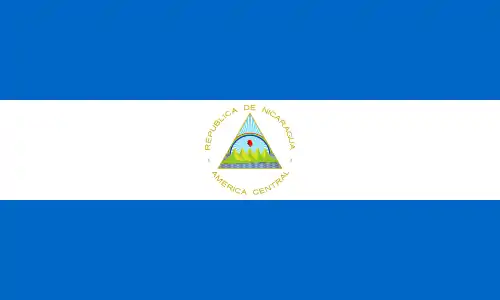 Nicaragua
Nicaragua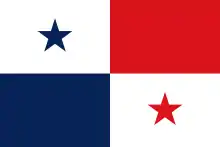 Panama
Panama Papua New Guinea
Papua New Guinea Paraguay
Paraguay Peru
Peru Philippines
Philippines Rwanda
Rwanda Sierra Leone
Sierra Leone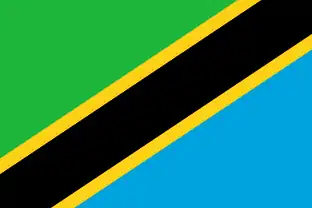 Tanzania
Tanzania Thailand
Thailand Timor-Leste
Timor-Leste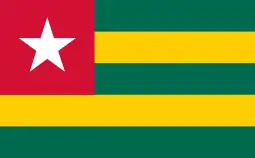 Togo
Togo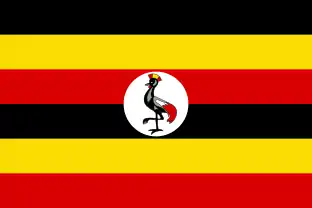 Uganda
Uganda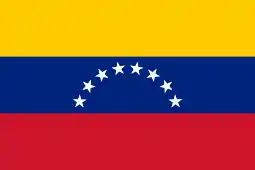 Venezuela
Venezuela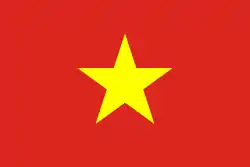 Vietnam
Vietnam Yemen
Yemen Zambia
Zambia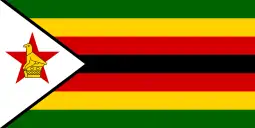 Zimbabwe
Zimbabwe
- Importing Member Countries
References
- "History". International Coffee Organization. Retrieved 28 September 2015.
- "Press Release" (PDF). International Coffee Organization. 3 April 2018.
- Gallo, Kathy (22 August 2018). "How Important is the Coffee Industry to the World's Economy?". Retrieved 2 October 2018.
- "Members of the International Coffee Organization". International Coffee Organization. Retrieved 10 January 2020.